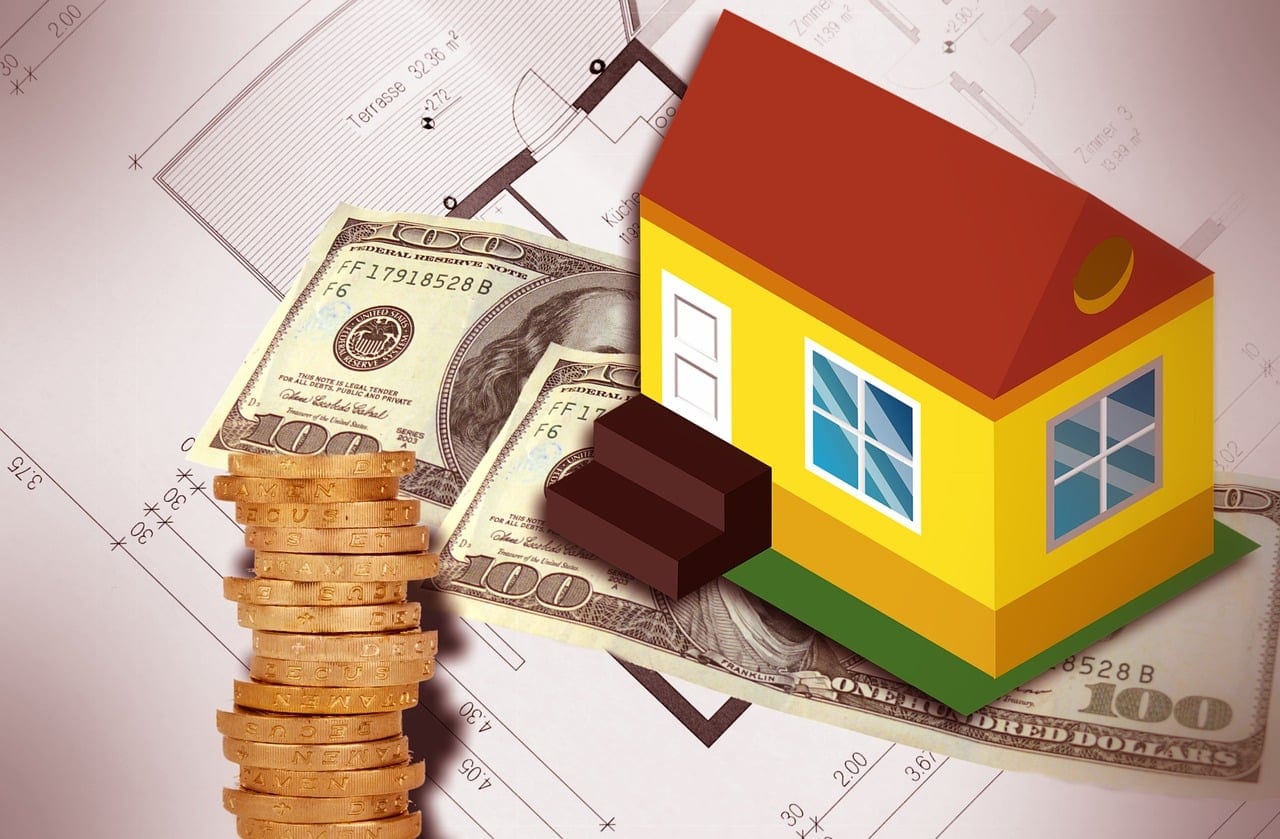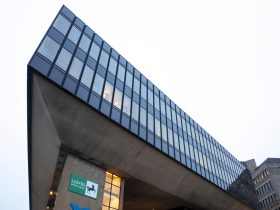Due to a fall in the number of new houses coming to the market, house prices in the UK see a surprise rise
A lack of new houses coming to the market has created a surprise rise in UK house prices. According to Nationwide, UK house prices rose at the fastest annual pace in 10 months in January, bolstered by a lack of new homes coming on to the market. The building society’s monthly survey showed that the average price of a home reached £211,756 last month. Property values were up 0.6% from the month before, the same monthly gain as in December, but the annual growth rate picked up to 3.2% from 2.6%, the highest since March 2017, when it was 3.5%.
Nationwide’s chief economist, Robert Gardner said that the acceleration in annual house price growth is a little surprising, given signs of softening in the household sector in recent months. Retail sales were relatively soft over the Christmas period, as were key measures of consumer confidence, as the squeeze on household incomes continued to take its toll. But, he added that the flow of properties coming on to estate agents’ books has been more of a trickle than a torrent for some time now and the lack of supply is likely to be the key factor providing support to house prices.
Although, many forecasters predicted that the housing market will continue to slow to about 1% this year, Nationwide is still forecasting price growth of 1-1.5% this year.
An economist at Daiwa, Chris Scicluna said that with real wage growth remaining below zero and consumer confidence still subdued, house price growth appears unlikely to extend this upward trend over coming months and quarters. However, a similar pace may well be maintained on the back of very attractive mortgage rates, limited supply, record high employment, and the strong likelihood that consumer price inflation is likely to moderate.
The current housing crisis in the UK has reached alarming levels as home ownership in England remained at a 30-year low last year. According to the government’s latest English housing survey, of an estimated 22.8m households, the number of owner-occupiers in 2016-17 was 14.4m or 62.6%, compared with 62.9% in 2016 – a rate last seen in the mid-1980s. The rate is down from a peak of 71% in 2003. The scenario is even worse for millennials who have even less share as owner-occupiers. Out of young adults aged 25 to 34, only 37% owned their home.







Leave a Reply